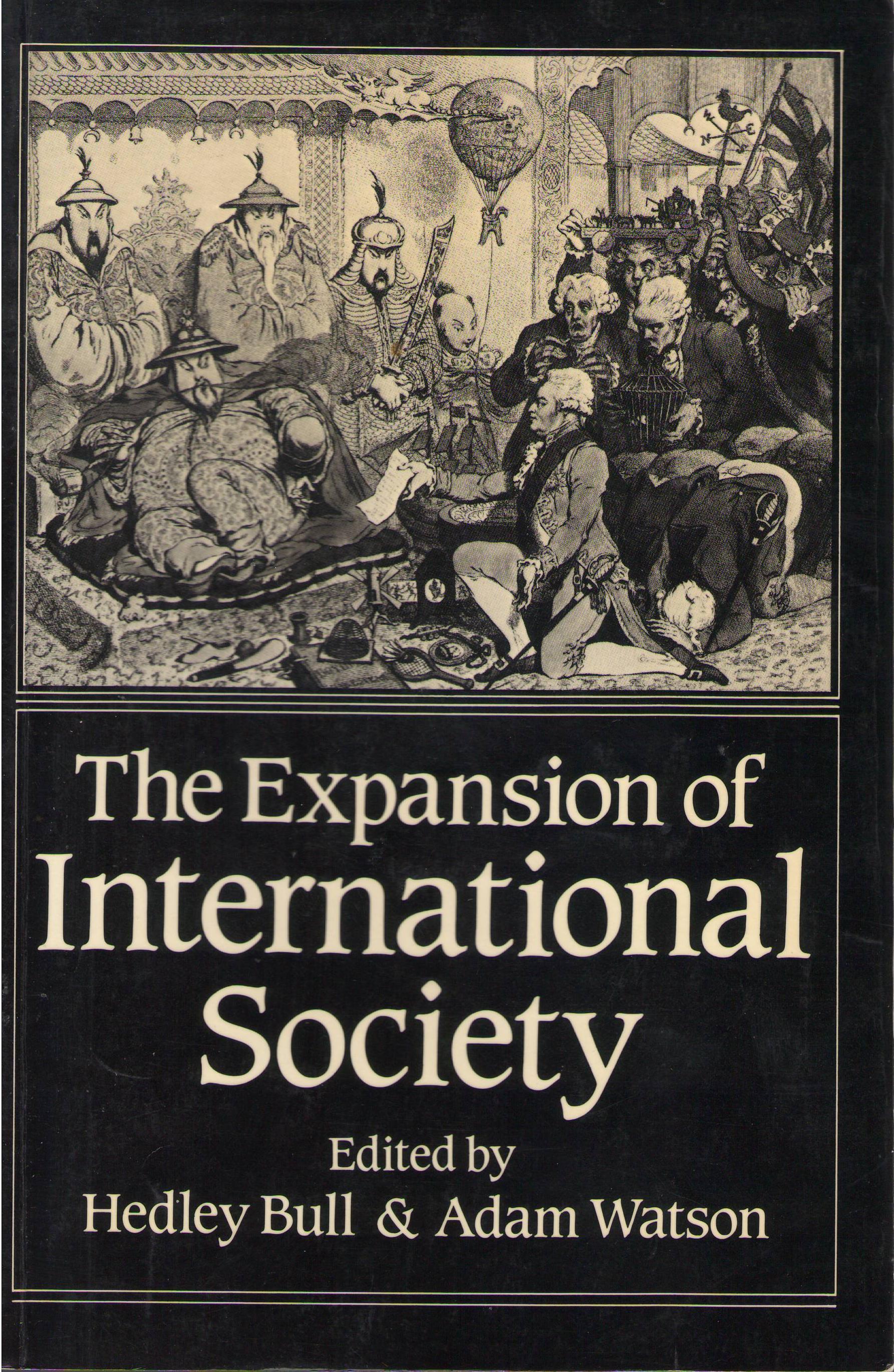
The work of a study group of distinguished scholars, this book is a systematic investigation of the origins and nature of the international society today. The first section of the book describes the flood tide of European expansion that began in the 16th century and united the world for the first time in a single economic strategic, and political unit. The second section analyzes the process whereby the non-European states came to take their place as members of the same society, while the third section examines the repudiation of European, Russian, and American domination by states and peoples of the Third World, and the subsequent transition from a system based on European hegemony to one that is not. The book concludes with a discussion of the international order that has emerged from the ebb tide of European dominance.
Author

Hedley Bull, FBA was Professor of International Relations at the Australian National University, the London School of Economics and the University of Oxford until his death from cancer in 1985. He was Montague Burton Professor of International Relations at Oxford from 1977 to 1985, and died there. Bull was born in Sydney, Australia, where he attended Fort Street High School. He went on to study history and philosophy at the University of Sydney, where he was strongly influenced by the philosopher John Anderson. In 1953, Bull left Australia to study politics at Oxford, and after two years he was appointed to an assistant lectureship in international relations at the London School of Economics and Political Science (LSE). In 1965, Bull was appointed director of the Arms Control and Disarmament Unit of the British Foreign Office. Two years later, in 1967, he was appointed to a professorship of international relations at the Australian National University in Canberra. In 1977, Bull published his main work, The Anarchical Society. It is widely regarded as a key textbook in the field of international relations and is also seen as the central text in the so-called 'English School' of international relations. In this book, he argues that despite the anarchical character of the international arena, it is characterised by the formation of not only a system of states, but a society of states. His requirements for an entity to be called a state are that it must claim sovereignty over (i) a group of people (ii) a defined territory, and that it must have a government. States form a system when they have a sufficient degree of interaction, and impact on each other's decisions, so as they "behave—at least in some measure—as parts of a whole." A system of states can exist without it also being a society of states. A society of states comes into existence "when a group of states, conscious of certain common interests and common values, form a society in the sense that they conceive themselves to be bound by a common set of rules in their relations with one another, and share in the working of common institutions." The society of states is a way for Bull to analyse and assess possibilities of order in world politics. He continues his argument by giving the concept of order in social life, and the mechanisms of: the balance of power, international law, diplomacy, war and the great powers central roles. He finally concludes that, despite the existence of possible alternative forms of organization, the states system is our best chance of achieving order in world politics.